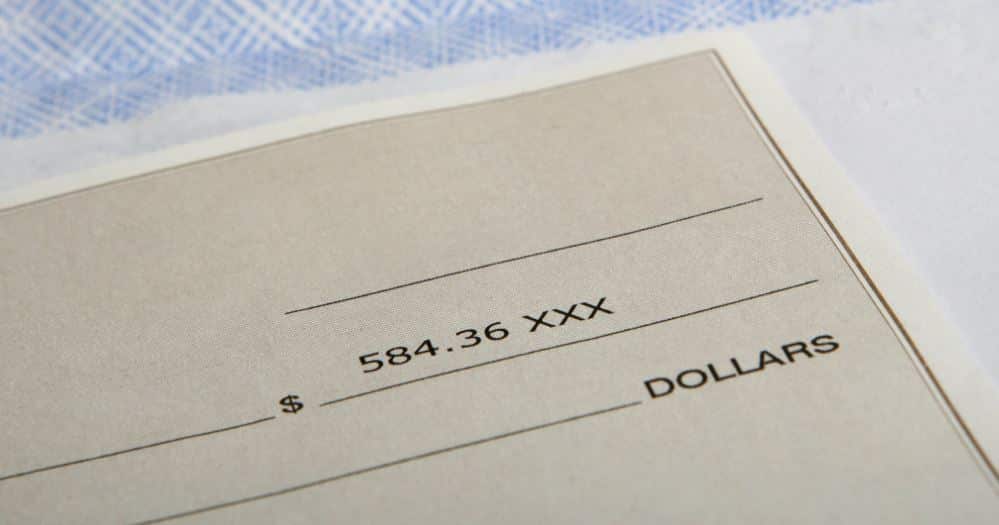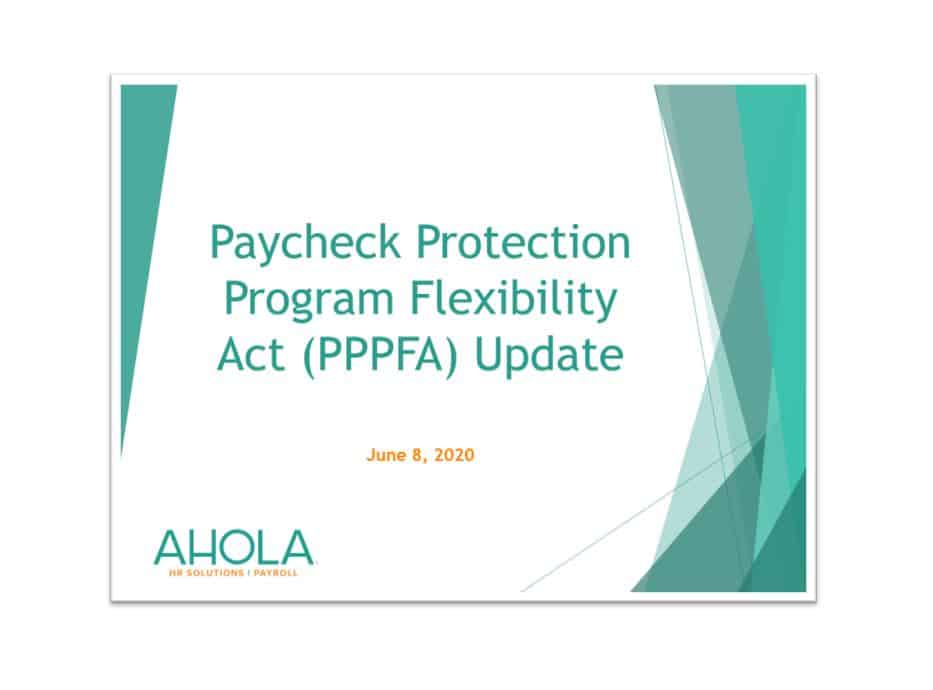Paycheck 101: What does everything on your paycheck mean?
Your paycheck contains a lot of information and some of it is confusing. Have you ever looked at a paycheck and wondered, what is FICA and why is it keeping so much of my money? Here is a brief overview of what each area of the typical paycheck represents to help you know where your money is going.
Gross pay
Gross pay is the amount of money you agreed to be paid on an hourly or annual salary basis, including overtime and other forms of pay. This is what you would receive before any deductions – if nothing was taken out of your paycheck.
Net pay
Net pay is the amount you take home after deductions are made.
Deduction
A deduction is any amount that is taken out of a paycheck for federal, state and/or local taxes and employee benefits. Some deductions are taken out before taxes (e.g., medical insurance, 401k contributions) and some are taken out after taxes (e.g., garnishments, supplemental life insurance).
Federal income tax (FIT) withholding
FIT is the amount required by law for employers to withhold from wages to pay taxes. This amount is based on information provided on the employee’s W-4.
FICA
FICA stands for Federal Insurance Contribution Act. This tax includes two separate taxes for employees: Social Security and Medicare. These two taxes may be combined as one or listed separately on a paycheck stub.
Looking for more resources on understanding your paycheck? Check out more articles on our blog.







Reply a Comment